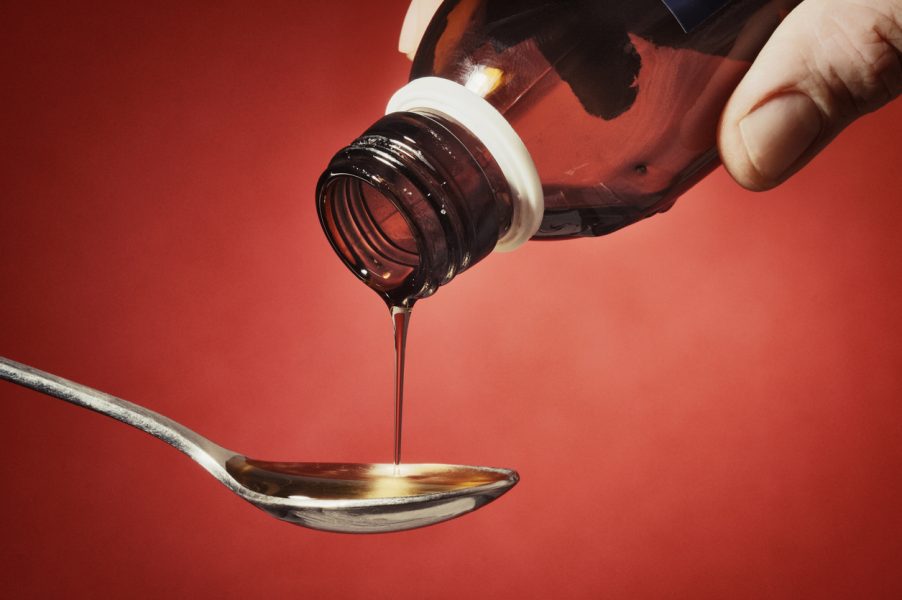
WHO product alert: One batch of India-made syrup in Iraq found contaminated

The World Health Organization (WHO) has flagged a batch of a combination syrup “COLD OUT” in Iraq as “substandard” or “contaminated” as reported by a third party.
The paracetamol and chlorpheniramine syrup that is used to treat symptoms of both common cold and allergy was manufactured by Fourrts India for Dabilife Pharma Private Limited.
In a medical product alert issued on Monday (August 7), WHO said, “COLD OUT syrup (Paracetamol and Chlorpheniramine Maleate) identified in the Republic of Iraq and reported to the WHO on 10 July 2023 by a third-party sample was found contaminated.”
The global health organisation said that a sample of the COLD OUT syrup was obtained from a location in Iraq, and a laboratory analysis revealed unacceptable amounts of diethylene glycol (0.25 per cent) and ethylene glycol (2.1 per cent) as contaminants.
Also read: Border bust: 84,000 bottles of banned cough syrup seized at Tripura-Bangladesh border
“The acceptable safety limit for both ethylene glycol and diethylene glycol is no more than 0.10 per cent,” said WHO, adding that the stated manufacturer and marketer had not provided guarantees to WHO on the safety and quality of the product.
WHO said that diethylene glycol and ethylene glycol are toxic to humans when consumed and can prove to be fatal.
The organisation said that the product mentioned in this alert might have marketing authorisations in other countries or regions, and might also have been distributed, through informal markets, to other countries.
The note from WHO went on to say that the substandard batch of COLD OUT referenced in its alert was unsafe, and could result in serious injury or death especially in children. It said that toxic effects could include headache, diarrhoea, vomiting, altered mental state, abdominal pain, inability to pass urine, and acute kidney injury that might lead to death.
Also read: DCGI prioritises cough syrup tests for export, mandates lab compliance
The note issued by the health organisation advised people who had consumed the affected product to seek immediate medical advice from a healthcare professional if they suffered an adverse reaction or unexpected side effects.
“While this medical product alert relates to only one batch of the product, out of an abundance of caution, WHO recommends increased vigilance and testing in respect of the product in general,” it added.
WHO has advised national regulatory authorities and health authorities to increase surveillance and to notify it immediately if these substandard products were discovered in their country.
(With inputs from agencies)

